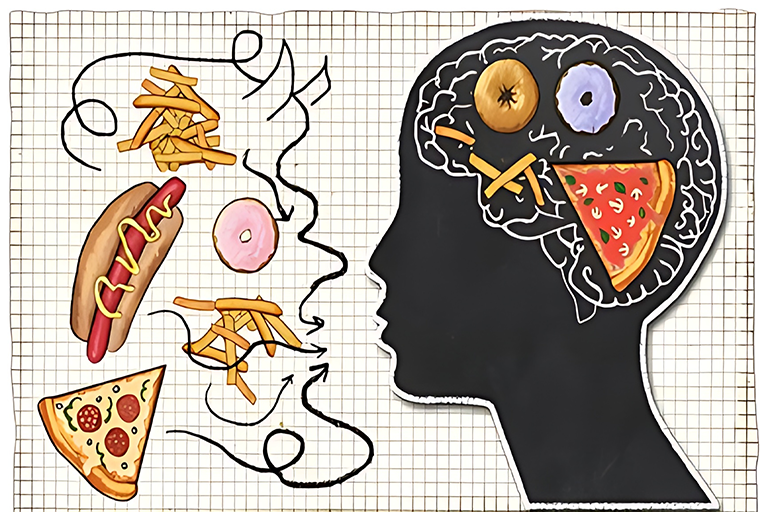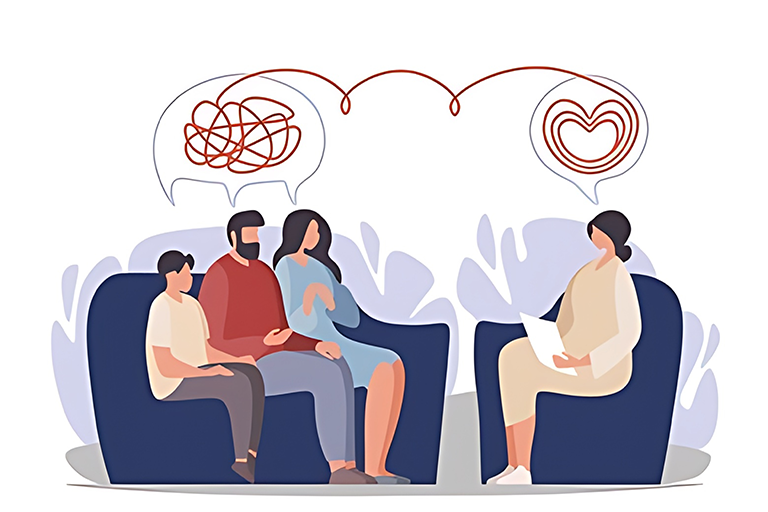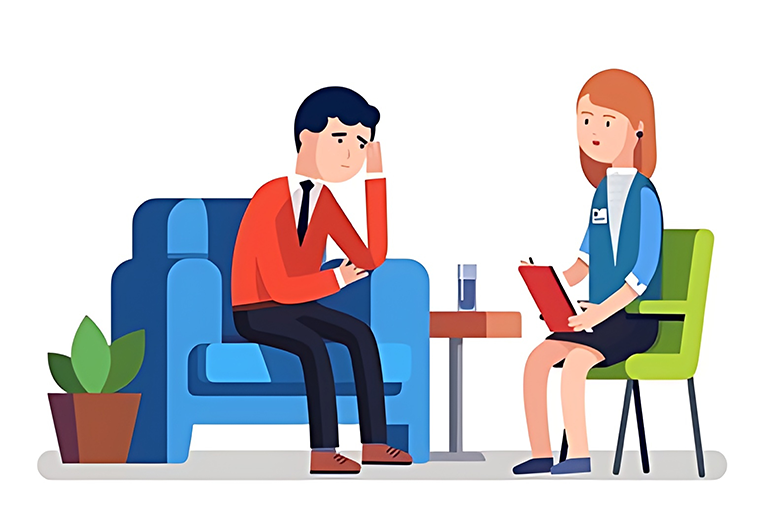The COVID-19 pandemic has brought mental health to the forefront, and it is now more critical than ever. Mental wellness is more than only the absence or existence of a mental disorder. It’s a crossroads between mental, emotional, and physical health. Many people’s mental health has been seriously harmed in the past two years. As a result of the disease, COVID-19 had resulted in a rise in feelings of despair, isolation, grief, and melancholy, as well as quarantines and lockdowns on movement. Consequently, the need for health care support services has proliferated.
To be mentally healthy, we must maintain a healthy mind. The health of one’s physical body is more important to most people than anything else. Most people ignore how they’re feeling. Humans are superior to other animals because they have a more developed intellect.
The highly evolved brain of man has allowed him to exert dominion over the course of nature. As a result, a man must maintain his physical and mental health. Both physical and psychological well-being are essential for more excellent performance and results.
The Impact of Stigma on People with Mental Illness
It’s a double whammy for many people who have a severe mental illness. On the other side, they have to deal with the physical and mental effects of the sickness. Stereotypes and prejudices stem from beliefs about mental illness challenging them. A lack of access to good jobs, decent housing, adequate health care, and the opportunity to connect with a wide range of individuals results from both. Mentally ill people must contend with the condition itself, as well as the Stigma and the judgments of others.
In addition to public Stigma, these people experience self-stigmatization as well. Self-stigmatization is a roadblock to personal growth and can make it more challenging to achieve success in both the private and professional realms.
Stigmatized people had higher levels of cortisol and depression. Those who stigmatize are disgusted. Stigma in the medical field takes on a new meaning. Health care professionals may avoid seeking help for mental illness because they fear being judged by their colleagues, which increases their risk of suicide. Stigma can positively impact persons with mental illness, according to some researchers. While some people may find it frightening, others may feel energized and driven to continue their therapy due to it.
Ways to improve your Mental Health
The following are some suggestions for ways to improve your mental health
- Do stuff together: Making time for loved ones, meeting new people, or taking up a new hobby might improve your mood. Participate in group activities, such as kicking the football around or riding a bike.
- Think outside of the box: Activities or hobbies can keep you occupied, improve your mental health and well-being, and boost your self-confidence and self-esteem, all of which are beneficial. A variety of creative pursuits are possible, such as making something or playing.
- Enjoy a restful night’s sleep: Sleep is essential for our well-being. Our bodies and minds can be repaired and restored while we sleep.
- Eat a healthy diet: The way you feel and how you eat can have an impact on your mental health, and vice versa.
The mind controls all other bodily functions, making it one of the most powerful organs. When our brains are in a state of flux, it directly impacts our physical bodies. Having a healthy mind and body is essential for achieving one’s full potential in all areas of one’s life.
People need to be aware of the long-term effects of mental illness, and they need to place as much value on their mental health as they do on their physical health. It is impossible to separate mental and physical health. Both must be in harmony to call a person healthy and happy. As a result, everyone must strive for a healthy balance between mental and physical well-being and seek the assistance they require when any of these is compromised.
Learn more: Mental Health Awareness
& Mobile Phone Addiction & Teenagers
Shruti Dua, Blogger, BSc. (Psychology)





